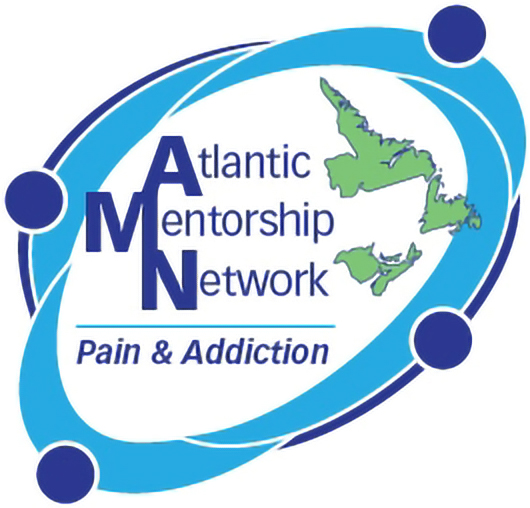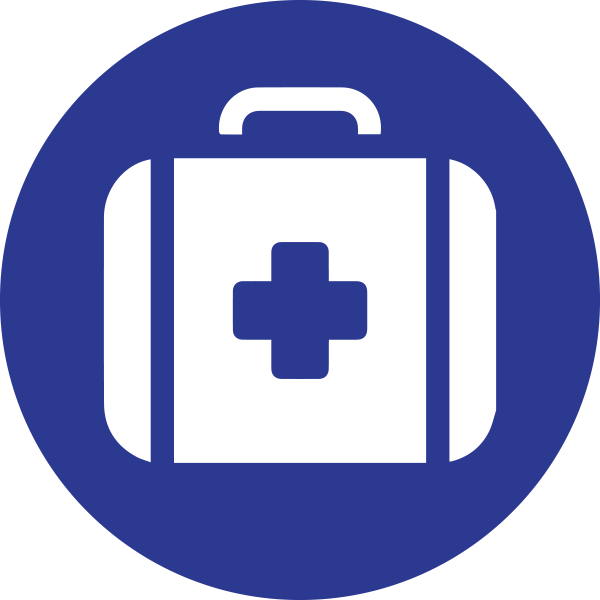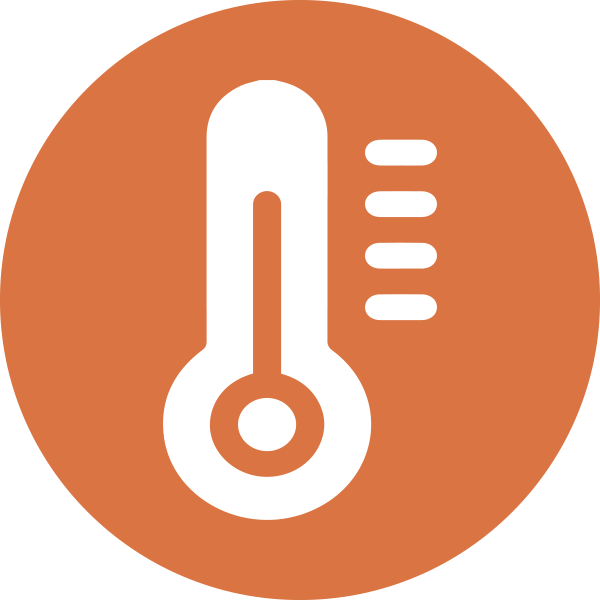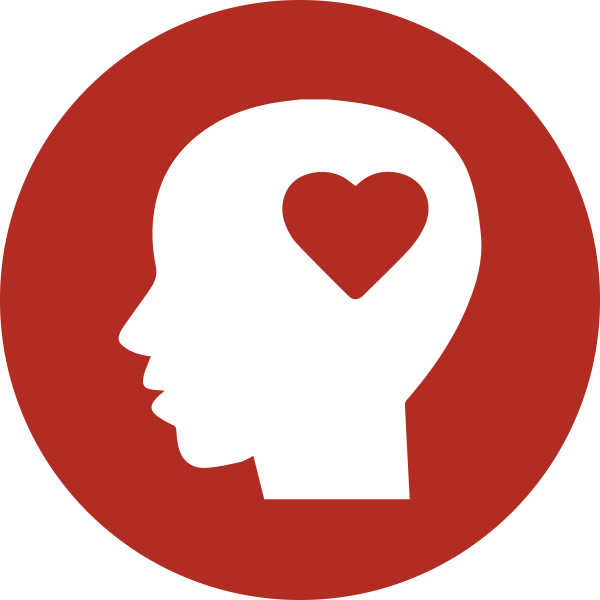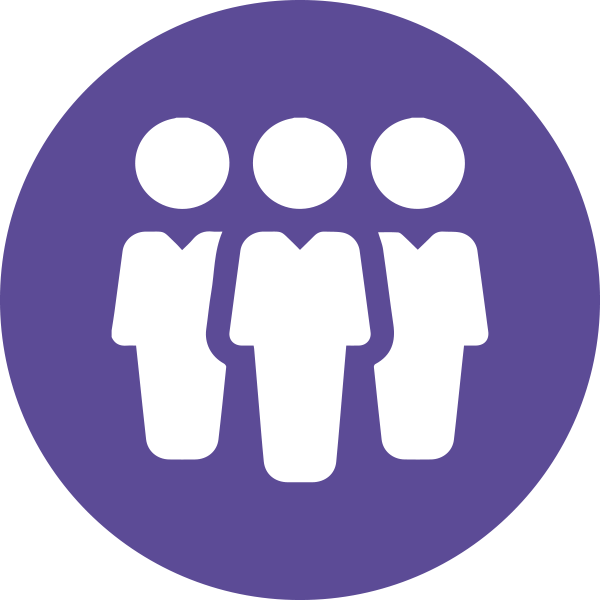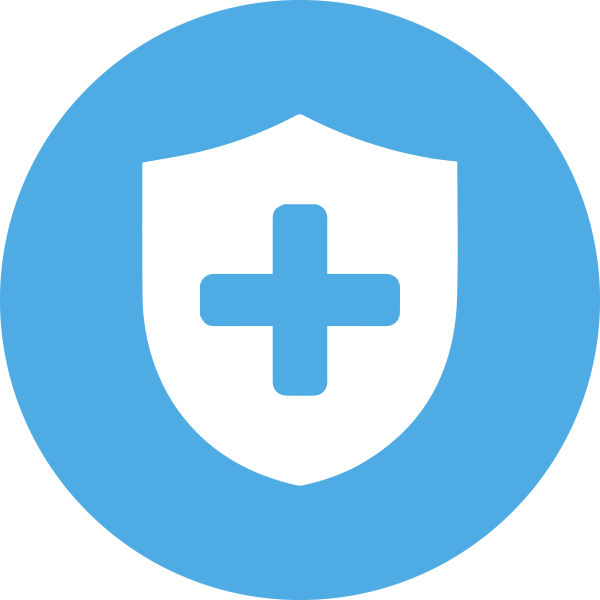Competencies
Foundational
1 Exercise wellness as a provider
Learning Objectives
- Participate in a mentorship program to reflect upon shared experiences
- Participate in exercise programs and or activities
- Exercise healthy eating habits
- Integrate and learn strategies to help prevent burnout
- Promote a workplace culture of civility and wellness
- Promote an environment that normalizes conversations about self-care
- Understand and implement the basic principles of compassion resiliency
- Experience a mindful practice designed to enhance resilience by building awareness that is linked with self-compassion
- Incorporate a mindful practice into everyday work and life
Recommended Resources
- Lipsky, Laura van Dernoot, Burk, Connie. (2009). Trauma Stewardship: An Everyday Guide to Caring for Self While Caring for Others (AudioBook)
A variety of simple and profound practices that enable us to look carefully at our reactions and motivations and discover new sources of energy and renewal. - Beyond the Cliff (TED)
A window into the cumulative toll that can occur when we are exposed to the suffering, hardship, crisis, or trauma of humans, other living beings, or the planet itself. - Physician Wellness Hub (Website)
Reliable wellness tools and resources to empower physicians and medical learners, leaders, and educators to create change in the culture of medicine. - How We Self Sabotage (Website)
A self-assessment tool to determine your most common ways of self-sabotage. - The Hidden Power of Self-Compassion – Cory Muscara (Audio podcast)
This Audio podcast explores and practices the three elements of self-compassion - Doctors Nova Scotia Professional Support Program (Website)
A peer-to-peer support for members that responds to their mental health and wellness needs.
2 Maintain continuous professional development
Learning Objectives
- Demonstrate quality improvement through reflective practice
- Develop and maintain a professional development plan
Recommended Resources
- Faculty of Open Learning & Career Development-Dalhousie University (Website)
Courses that support professionals in the next step of their careers or academic journey. - Atlantic Mentorship Network-Pain & Addiction (Website)
Increases the capacity of primary care providers to manage chronic pain and or substance in their practice by providing initiatives and tools designed to engage and support the learning needs of its members. - CAMH Continuing Education Programs and Courses (Website)
Programs are designed to build capacity for all health care professionals in mental health, and addictions care.
3 Enhance collaboration
Learning Objectives
- Collaborate with multi-discipline colleagues within a health care network sharing evidence-informed clinical advice and guidance to improve patient outcomes
Recommended Resources
- Atlantic Mentorship Network Online Forums (Website)
Nova Scotia members of the Atlantic Mentorship Network can connect virtually to crowd-source solutions, share expertise, experience, and receive support - Addiction Medicine Consult Service (Document)
Provides rapid addictions medicine consultant advice to Nova Scotia community pharmacists, physicians, and nurse practitioners by telephone - Atlantic Mentorship Network-Pain & Addiction (Website)
Increases the capacity of primary care providers to manage chronic pain and or substance in their practice by providing initiatives and tools designed to engage and support the learning needs of its members - Collaborating with the Enemy: How to Work with People You Don’t Agree with or Like or Trust
(YouTube channel Video)
The author discusses a new approach to collaboration that embraces discord, experimentation, and genuine co-creation.
4 Develop, use, and promote communities of practice
Learning Objectives
- Collaborate with multi-discipline colleagues within a health care network sharing evidence-informed clinical advice and guidance to improve patient outcomes
Recommended Resources
- Atlantic Mentorship Network Online Forums (Website)
Nova Scotia members of the Atlantic Mentorship Network can connect virtually to crowd-source solutions, share expertise, experience, and receive support - Addiction Medicine Consult Service (Document)
Provides rapid addictions medicine consultant advice to Nova Scotia community pharmacists, physicians, and nurse practitioners by telephone - Atlantic Mentorship Network-Pain & Addiction (Website)
Increases the capacity of primary care providers to manage chronic pain and or substance in their practice by providing initiatives and tools designed to engage and support the learning needs of its members - Collaborating with the Enemy: How to Work with People You Don’t Agree with or Like or Trust
(YouTube channel Video)
The author discusses a new approach to collaboration that embraces discord, experimentation, and genuine co-creation.
5 Be aware of provider bias and privilege
Learning Objectives
- Recognize cognitive bias in clinical practice and discuss de-biasing strategies
Recommended Resources
- Doherty, TS, Carroll, AE. (2020). Believing in Overcoming Cognitive Biases (Article)
A look at various types of cognitive biases, how they affect medical decision making, and how cognitive psychology helps to inform effective de-biasing strategies. - Inclusivity at Work: The Heart of the Conversations (Podcast)
A discussion of empathy, accountability, and the power of listening and believing, as well as the differences between transactional leadership and transformational leadership, and why courage is a prerequisite to lasting, meaningful change. - Edgoose, J. Y. (2012). Rethinking the difficult patient encounter (Document)
Before you can help a “difficult” patient, you may need to change how you view that person. - Rethinking the “Difficult” Patient Encounter (YouTube Video)
An Article review of “Rethinking the Difficult Patient Encounter by Jennifer Edgoose
Advanced
1 Excel at knowledge dissemination
Learning Objectives
- Develop knowledge and skills to become an educator
Recommended Resources
- RESOURCES COMING
2 Conduct research in pain and addiction to advance the field
Learning Objectives
-
Demonstrate an ability to search clinical databases, including grey literature (PUBMED, MeSH, TRIP, Google Scholar)
-
Demonstrate an understanding of statistical data analysis
Recommended Resources
- Writing an Effective Literature Review (Article) Amanda Bolderston
This article reviews the types of commonly used literature reviews, literature search strategies, how to synthesize the evidence, and how to write and publish a literature review. - How to Read a Paper: The Basics of Evidence-Based Medicine (Book)
Describes the different types of clinical research reporting and how to critically appraise the publications.
